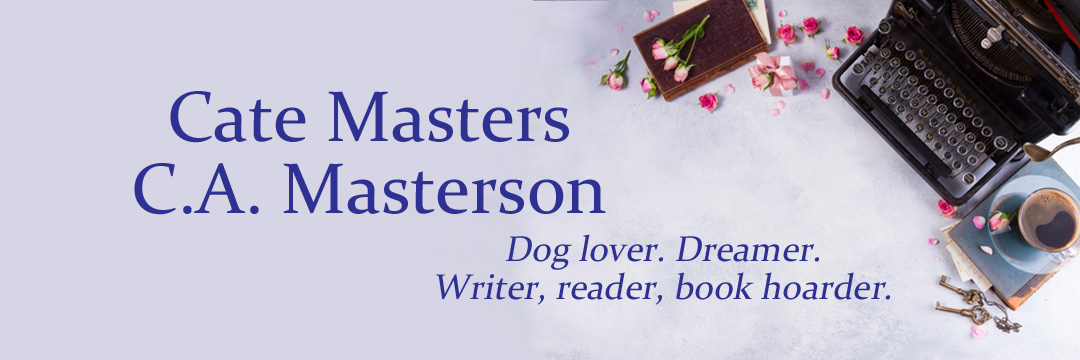I have to admit: when I first signed a contract with the Wild Rose Press and it required me to begin a blog to promote my stories, I wasn’t much in favor of the idea. Having worked in the news industry and in government, bloggers annoyed me. Some bloggers tried to pass themselves off as reporters – though they had no journalism training whatsoever. I’d seen some blogs that were complete ramblings, no better than mental excrement. Then I did a little research, and found some very instructive blogs. Some were very artistic. Some were both. It gave me a new perspective, and changed my mind.
But my mind hasn’t been changed enough to agree that blogs are the new books (based on Why buy the cow? 27 popular websites that became books). My opinion: No, blogs are not the new books and will never take the place of books. There is a reason for editors. Hence, the coffee-table book versions of the blogs - which I’m guessing are greatly enhanced versions of the blogs. Critiqued and edited, and evolved from the stream-of-consciousness post.
In his article, Does Free Pay? , Chris Anderson predicts the principle of freeconomics will rule, and that people should give away their books. But I noticed Amazon lists the pre-order price of his book on this principle at $17.81. Hmm. Anderson says he’ll make his book available by any means possible but doesn’t specify it will be available gratis, so technically, I guess it’s not false advertising.
Bob Sacks writes It’s a Digital World Now. I partly agree, but e-publishing’s just gotten started. As Sony’s eReader and Amazon’s Kindle become more widespread, e-publishing will one day rival print, but I doubt it will overtake it. I’m all in favor of e-publishing. I love the versatility of the submission guidelines – with no layout restrictions, the word count can range from 7,500 on up at The Wild Rose Press, and above 65,000, novels are in print, too. Other e-pubs accept shorter pieces, such as Shadowfire Press, which will publish my Halloween short in October 2009.
E-publishing’s drawbacks are few, which is not to say insubstantial. For instance, e-pubbed romance authors are barred from certain awards. Which makes absolutely zero sense, as it’s not about the format of the story, but the writing. Second, I admit I long to hold a print copy of my story in my hand. Pass it around to others. Hard copies prevent piracy, though hard copies can be resold, too, sometimes for as little as a few pennies. (I’ve bought used books at that price, I admit.)
And if, as one author posits, reviewers such as the NY Times are biased against mass market books, will they even deem e-pubs worth a look? Doubtful. Yet, even as the Grey Lady herself had to be dragged, kicking and screaming, into the digital realm and now has an amazing array of interactive online features, I believe the NY Times reviewers will eventually see the e-publishing light. If e-pubbed authors are ineligible for traditional print awards, new awards will become available, and already have: The EPPYs, the Coveys (for book covers) , and I’m sure there are others.
E-publishing will evolve, but don’t sound the death knell for print just yet.
